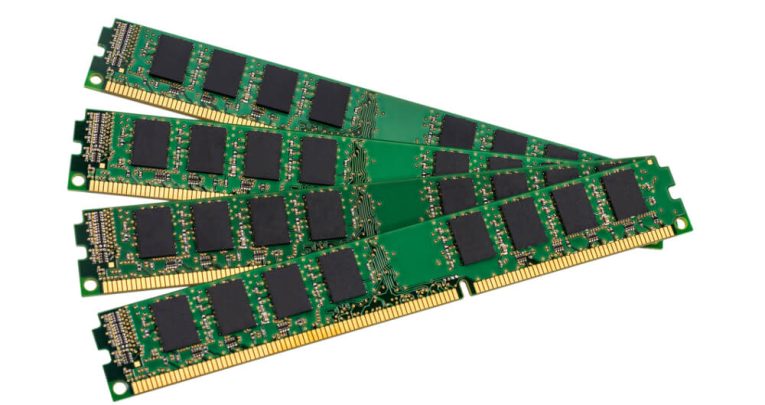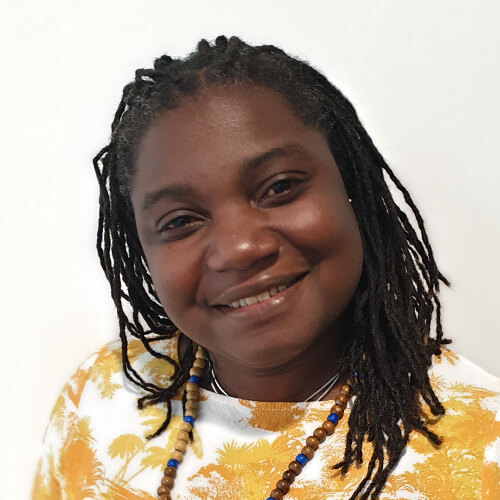Teacher training – Why you should start your summer holiday with CPD

An intensive training course to kick off the summer holidays might not sound appealing – but for Jo Davis, it was definitely the right choice…

- by Jo Davis

To many of my colleagues – even my headteacher – it seemed pretty mad. Despite being exhausted after the summer term, I had enrolled in a very intensive, four-day training course at the start of the holidays.
But now that term has started again, I’m beginning to realise that it was one of the best things I’ve done since becoming a teacher seven years ago.
I studied financial computing and then trained as a maths teacher. I love maths, but I’ve always enjoyed mucking around with computers – at 18, I’d build them for friends, as a hobby.
I’ve kind of missed that, and I’ve sometimes wondered if I could pick it up again or learn a database language just for fun. In fact, I’ve often thought about what it might be like to teach computer science, as well as maths.
So, when a training course – the Computer Science Accelerator Programme – came up, promising to get me up to speed to teach computer science GCSE, I quickly signed up. The only problem was that it was near the start of the school summer holidays and – horror of horrors – there was an exam at the end of it.
Worth the effort
That’s why, this July, while most ‘normal’ teachers were justifiably sunning themselves – or at least having a lie-in after a tough year – I was getting into classes for 8.30am and using every brain cell I had that was still working (not many). It was intensive by any standard, but it was also brilliantly run and very well taught.
I promised myself two days of sleep and a jug of sangria if I passed – which fortunately I did. And it’s honestly been worth it – in fact, if the truth be told, I think my new subject is fast becoming a hobby, but don’t tell anyone this.
In my spare time, I have to stop myself looking up more about what I’ve learned on the course. It might seem a bit sad, but I’ve become really interested in algorithms – they’re a way of breaking down problems and examining them in a logical way.
I’m also getting very interested in how to engage girls in computer science – there’s just so much interesting information out there, and the statistics of how few females go on to do computer science degrees are pretty shocking.
I have signed our school up for the Gender Balance in Computing research project launch that is looking at investigating how to encourage more girls into the subject. I’ve also started an after-school code club.
Inspired rewards
I don’t think I’ve ever felt this inspired as a teacher. It’s as if I have the best of both worlds, as I can use my knowledge of maths and computer science now. And it’s not just me – many of the other educators I met on the course are equally excited.
Most importantly though, I’m now so much more confident teaching computer science. When my pupils inevitably ask me some obscure question, I know exactly how to answer them. They seem so much more engaged, and when the lesson comes to an end, they want to carry on talking about what they’ve learnt It’s helped my confidence hugely.
I’m holding out hope that I have the next big tech entrepreneur in my classes. Yesterday, I got a group of my Year 8s to explore the world of control systems through some software called Flowol. They used programming to show how lights at zebra crossings work. When they figured it out, they squealed with joy – and I did too.
As a teacher, it doesn’t get much more rewarding than that.
Jo Davis is director of maths and computing at King’s Academy Binfield. Follow her on Twitter at @jujuriddim. For more information about The National Centre for Computing Education (NCCE) CSA course, visit teachcomputing.org/cs-accelerator.










